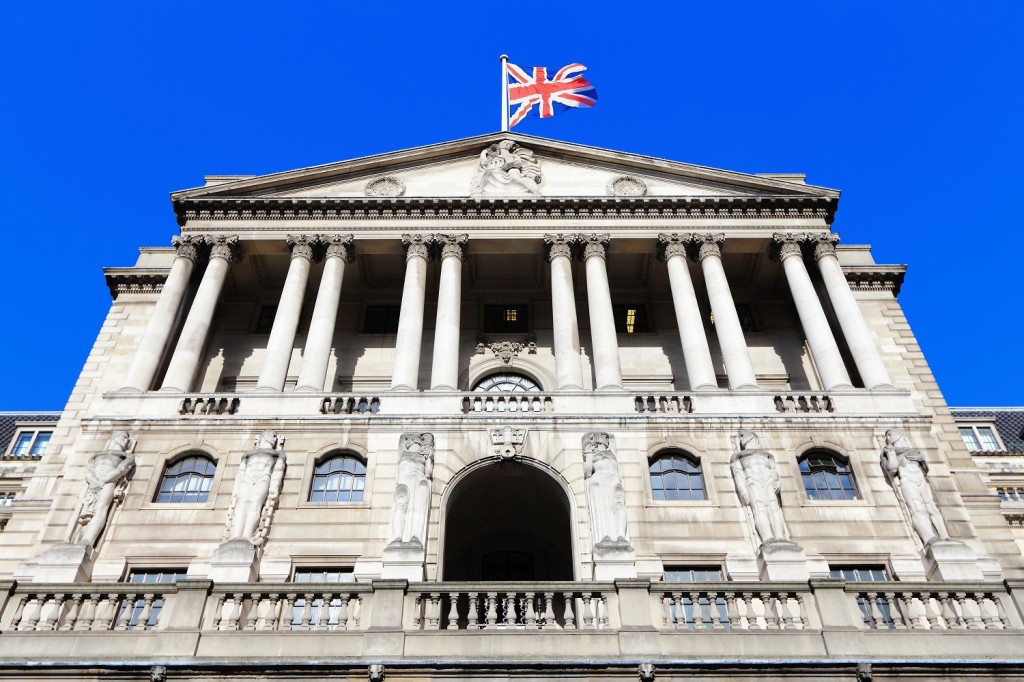Households are better placed to cope with a rise in interest rates than a year ago as a result of an increase in wages and low inflation, according to a new study from the Bank of England. The Bank said that while a rise in rates would not have an unusually large impact on spending, the […]
 Households are better placed to cope with a rise in interest rates than a year ago as a result of an increase in wages and low inflation, according to a new study from the Bank of England.
Households are better placed to cope with a rise in interest rates than a year ago as a result of an increase in wages and low inflation, according to a new study from the Bank of England.
The Bank said that while a rise in rates would not have an unusually large impact on spending, the government’s austerity measures are likely to continue to weigh on households.
The study found that 31% of Britons with a mortgage would need to cut spending or work longer hours if interest rates rose by 2 percentage points while their income remained unchanged, down from 37% in 2014.
In the latest NMG survey, households reported that the average outstanding mortgage was now around £85,000, up from £83,000 last year.
Around a third of households said that they have been negatively affected by the government’s austerity measures over the past five years.
“The results from the latest survey suggest that households are in a slightly better position to cope with a rise in interest rates than a year ago. When asked how much their monthly mortgage payments could increase for a sustained period without them having to take action, such as cutting spending, working longer hours, or requesting a change to their mortgage, households reported having more available income than was the case a year ago,” the report said.
The Bank warned that borrowers with high mortgage debt to income ratios were “most vulnerable” to an increase in interest rates.
The share of households who borrowed more than five times their income has fallen back in the last three years to levels seen in the 1990s.
Meanwhile, the proportion of households who have borrowed between three and five times their income has been more stable recently, and is now at similar levels to those seen in the mid-2000s.
“As already discussed, households with high debt-servicing costs may be most vulnerable to a rise in interest rates,” the report said.
The survey also found that the number of households taking out fixed rate mortgages was 58%, up eight percentage points from last year.
The BoE said last week that it would not be increasing interest rates from the current level of 0.5%, where they have been for the past six years. Analysts widely believe that there is unlikely to be an interest rate hike until the middle of next year.














